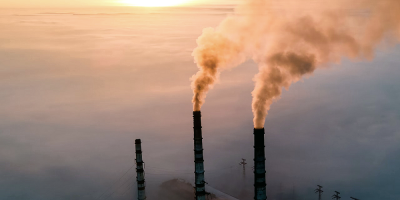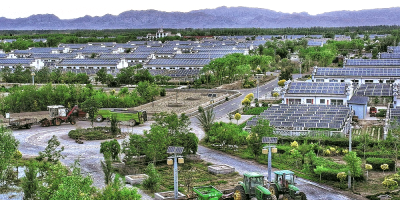
Among the main sources of renewable energy in Malaysia, include the waste from palm oil processing factories that can be processed for hydrogen gas generation and the waste at landfill sites that can be processed through the Waste-to-Energy (WTE) process.
The government needs to seriously invest in and utilize these renewable energy sources, given that Malaysia has a very large palm oil industry, and also many waste disposal sites with ever-decreasing free space.
1. Waste from palm oil processing factories
Effluents from palm oil processing factories release large amounts of methane gas.
The government should install a mechanism in every large processing plant throughout the country to capture the released methane gas.
The methane gas can then be processed for the production and subsequent storage of hydrogen gas.
This stored hydrogen gas can then be used to generate electricity through the use of fuel cells.
2. Waste from landfill sites
WTE plants should be built at every large landfill site throughout the country, whereby the waste from those sites can undergo incineration to produce heat.
Subsequently, this heat can be used to convert water into steam in a “boiler.”
This high-pressure steam then turns the blades into a turbine generator in order to generate electricity.
With the generation of electricity from renewable and environmental-friendly energy sources such as the above, it can create several positive impacts on the country, such as:
a. Reducing the level of greenhouse gas emissions into the atmosphere, thus reducing the rate of global warming.
b. The implementation of the WTE process towards waste from disposal sites throughout the country enables a smarter and more sustainable form of management of the country’s waste. Apart from reducing the amount of waste dumped at these disposal sites, it also reduces the risk of the waste contaminating the land and water sources near those disposal sites.
c. In general, the cost of generating and supplying electricity for the entire country will decrease because we will be utilizing renewable energy sources, as opposed to fossil fuels that are decreasing in amount.
This not only reduces the negative impact towards the environment and the emission of greenhouse gases, but the financial burdens of electricity generation and supply costs towards the government and ordinary people can be alleviated in the long term.
d. Construction of public buses powered by hydrogen energy. In addition to empowering the public bus transport system, this measure can reduce the use of fossil fuels and electric vehicle batteries in order to run the public buses.
This is good because the burning of fossil fuels releases greenhouse gases, while the manufacturing of electric vehicle batteries requires extensive mining for certain minerals.
Such mining activities will have serious negative impacts towards the environment, including ecosystem destruction, groundwater pollution, health hazards towards the miners, etc.
In a country like Malaysia, the potential to u utilize the waste from palm oil processing factories and the waste in landfills, as one of the main sources of renewable energy, is high.
With efficient and effective management, such energy sources can shape a more sustainable future for our country in various aspects.
Therefore, the government needs to seriously invest in the long-term research and development of these two factors as one of Malaysia’s main sources of renewable energy.
(Raveen Veerasenan Jeyakumar is a writer who is passionate about social and environmental issues, and whose work can be found at reform-the-system.com.)
ADVERTISEMENT
ADVERTISEMENT






































